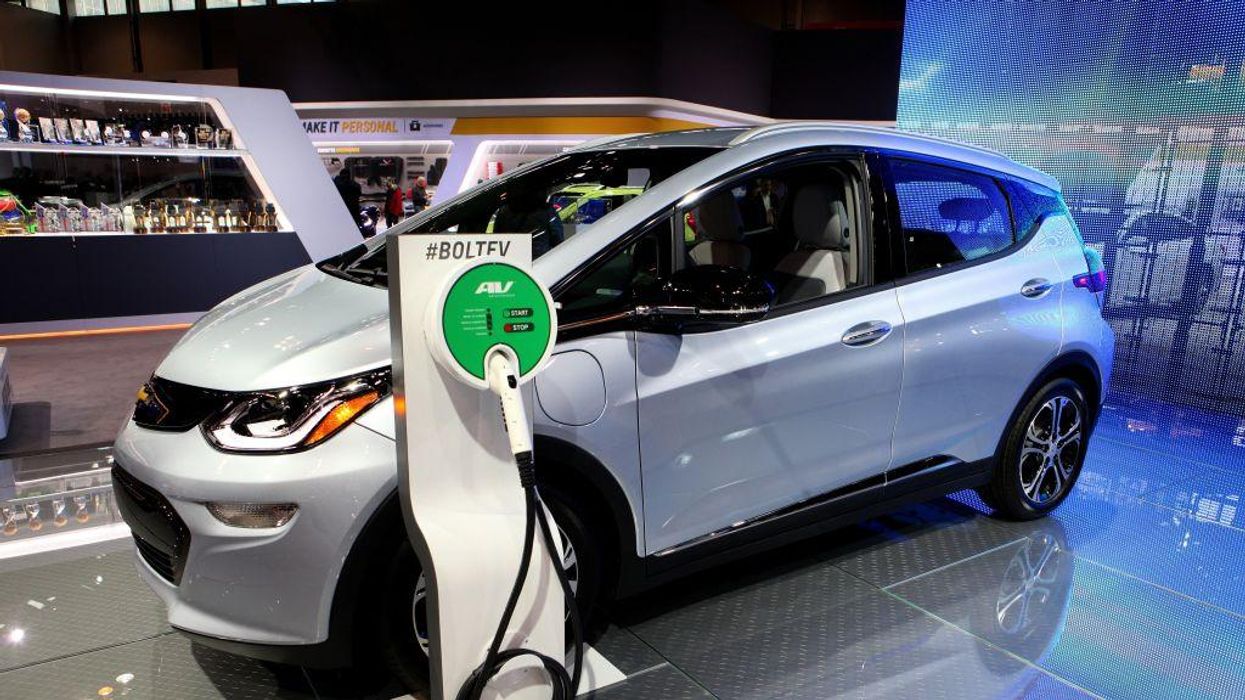
Photo By Raymond Boyd/Getty Images

The Washington Post's "climate coach," also known as the "climate advice columnist," says that electric vehicles can serve as an "emissions-free back up generator," powering a residential home for several days.
The "enormous home battery on wheels ... can reverse the flow of electricity to power the entire home through the main electric panel," the article reads, advising homeowners to charge batteries when energy prices are low and sell power back to electrical companies when prices peak.
"Home batteries have allowed households with solar arrays to become energy traders, recharging when electricity prices are low, replacing grid power when prices are high, and then selling electricity for a profit during peak hours," the advice states, remarking that while the batteries remain expensive, charging a home with an electric vehicle is a "cheaper" alternative for Americans.
However, a Chevy Bolt, the example used in the advice column, carries a battery price of over $15,700, according to Electrek in 2017. Adjusting for inflation, that equals a price of just over $19,000 for the battery in 2023.
The battery, which can last more than 500,000 miles, will still degrade over time during charging cycles. As well, a 30-degree day can drop battery efficiency by more than 60%.
A man named Graham told the outlet that by combining his solar panel usage with his electric car, his energy bill has dropped from $220 per month to $8, with "no oil and no gasoline bill."
According to SolarReviews.com, in New Mexico, where Graham resides, the average solar panel costs between $8,800 and $10,750, saving a homeowner around $38,000 over 25 years. This would mean the investment is paid back in about 5.5 years. On average, that equates to approximately $125 in monthly savings after the investment is recouped.
With a Chevy Bolt priced at around $30,000 in 2023, homeowners would need to spend more than $40,000 to save a little over $1,500 per year after making their investment back. Coupled with trading energy and an electric car battery that degrades over time and suffers from large drops in efficiency during cold weather, this expensive yet energy-efficient lifestyle is not the end point in the advice column.
The lesson appears to be to stop driving.
"The most effective way to zero out emissions, researchers argue, is reducing personal dependence on cars," the article concludes, adding that "in the future, our cars will be plugged into our homes and other intelligent devices, trading electricity with each other and the outside world."
Like Blaze News? Bypass the censors, sign up for our newsletters, and get stories like this direct to your inbox. Sign up here!
Andrew Chapados